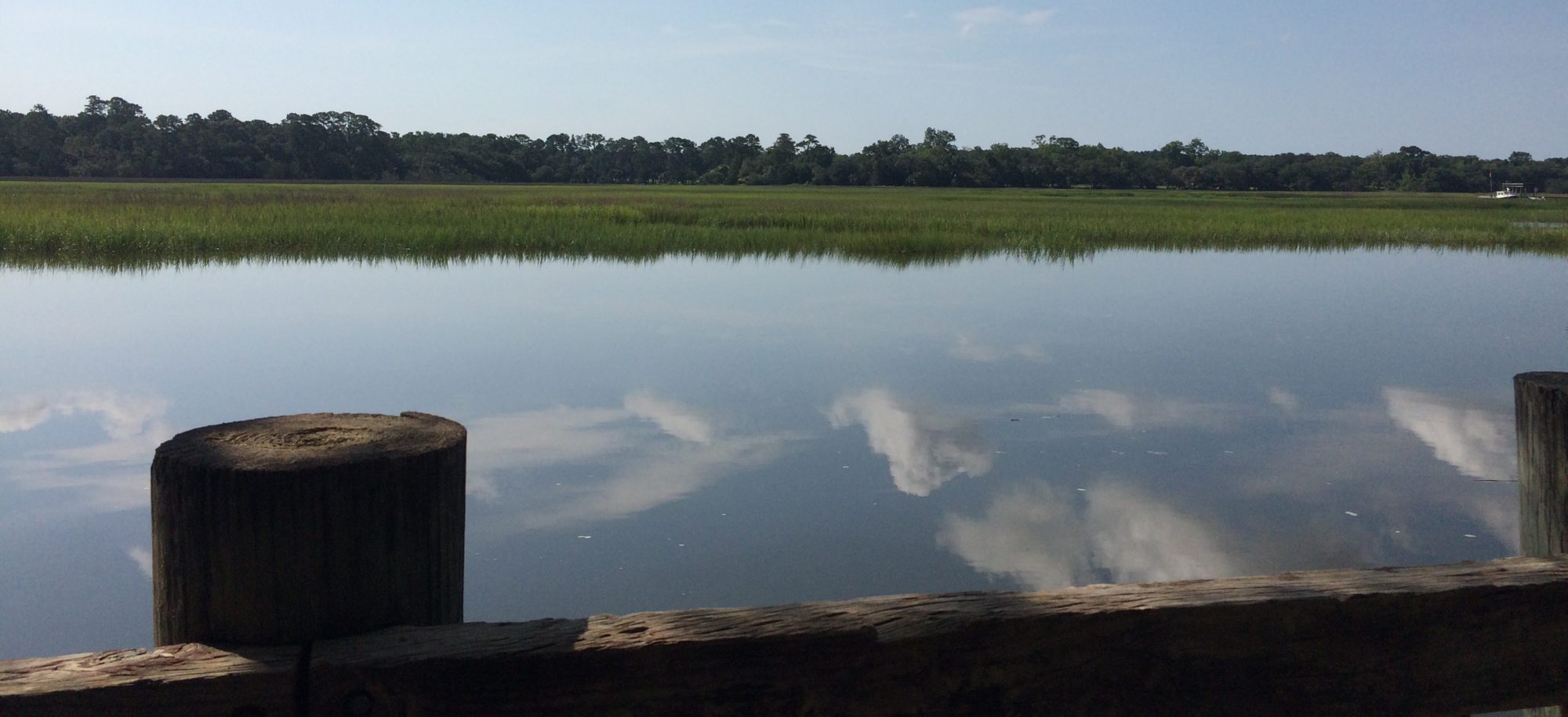It
was darkness in springtime, with orange blossoms. The Spanish understood it,
especially the Greek, the one who painted as if with his brush he were feeling
the bones.
Seville
turned silent as the procession passed, folds of Christ’s cloak carved in wood,
black with age, moving through the smell of rosemary above the costalares straining beneath their
floats, weightlifters shuffling in cells of night with the bugle dirge behind
them, until a tap on the pavement told them to take one more step, to set down
the load bearing on their necks through soaked towels, to rest.
It
was raining bombs that spring on Belgrade, and fear on Kosovo. Albanian
Kosovars lined up at the Albanian border and at Macedonia, all the borders they
could get to, miles of them, to get away, to get anywhere away from the
slaughter. They went toward hope, for without hope the darkness is too
powerful, the darkness wins. They straggled into borders, miles of people, some
of them partial, some whole, some angry, some gone already.
South
of Seville in Ronda also there was rosemary, bitter and resinous in the
evening, people holding a sprig next to their heart as the float passed, the
float of Hermandad del Santisimo Cristo
de la Sangre y Nuestra Senora del Mayor Dolor, the Brotherhood of the Most Holy
Christ of the Blood and Our Lady of the Greatest Pain.
They
were not thinking of Albanian blood when they carved into the signal bell of
their float in Ronda the name of their brotherhood. They were not thinking of
Kosovars when they wrote their names on the chart of lifting positions for the
raising of their float at the signal of its bell. They were thinking of the
blood of Christ, of the blue veil of the Virgin floating above them in the
scented night, of the sound of shuffling feet in every Spanish town this Semana Santa, this Holy Week in the Year of our Lord 1999.
The
Christ died doing what he loved, convincing people of possibility. Others who
saw perfection differently took his life, as did the bull which gored Manolete
of Cordoba. The people loved Manolete too, for his artistry in the ring, but he
worked in a way different from the Christ of Nazareth’s way, until the end when
they each drew the bull close.
His
spirit, Manolete’s, is still inside the replica of his tomb in his home town,
on the second floor of the bullfight museum in Cordoba. You can go there and
see for yourself, white marble.
In
the procession of Semana Santa the brotherhoods march as penitentes, robed and hooded, barefoot and chained, dragging behind
them links of iron scraped bright on the pavement. Satin cloaks and hoods bear
emblems of their order, sewn-on mandalas, designs hundreds of years old.
It
is a matter of fasting the next day if you are a penitente. If you are a young one, your mother will feed you a
sandwich just before midnight. It is important that the procession be done late
in the evening, arriving at your neighborhood church about three in the
morning, because in daylight the reflections are wrong. The floats and hoods
and capes and chains are made to reflect the light of candles, not of the sun.
People lining the procession route expect this. They are silent and serious
through the week until on Easter morning everything changes and the processions
take place against the whiteness of the orange blossoms, in the light of a new
spring.
Perhaps this is how Manolete will arise one day. We will be in the procession straining under our load, shuffling toward the thump of the marshal’s staff on the pavement, setting down at last the wooden crossbeam from our shoulders to crouch, to rest. And then Manolete will appear at the end of the next block, his mother standing beside us wiping away her tears in the joy of his arising from the marble box on the second floor of the house in Cordoba, the beautiful marble box lifted above the street as we lift the Christ on our shoulders.
Then he, Manolete, will lead us to the border. It is there that we will care for the woman from Kosovo, for her child and for her neighbor, the one with vacant eyes, the one who has not spoken a word.
